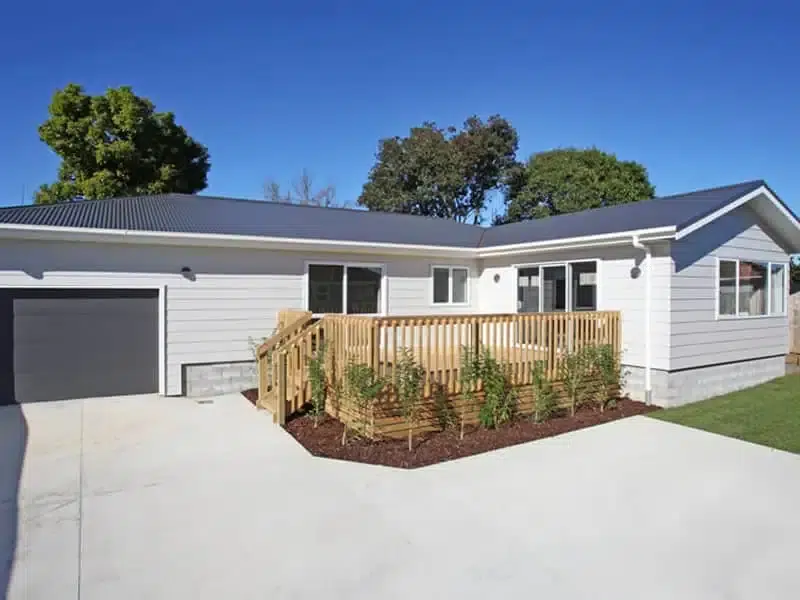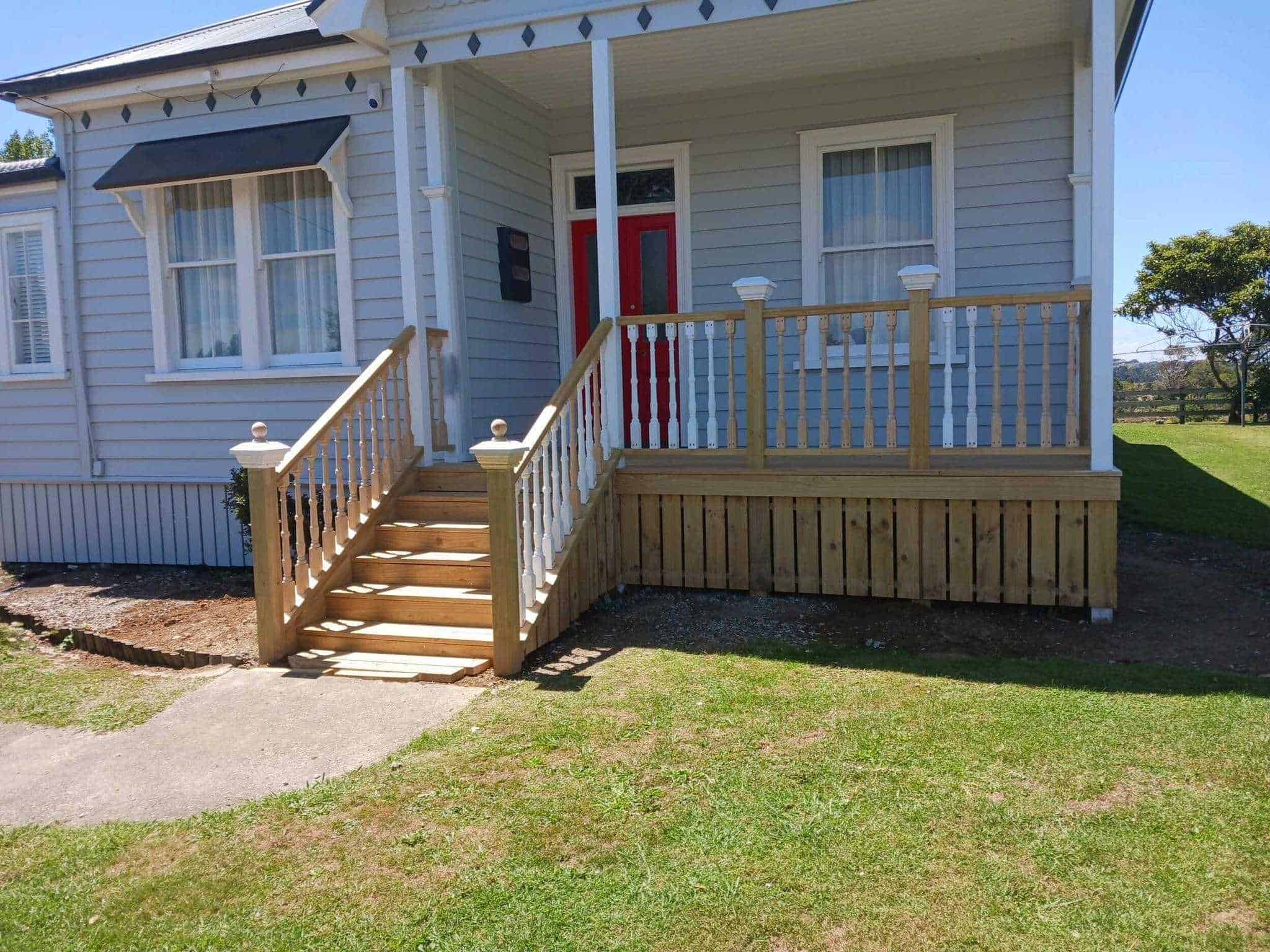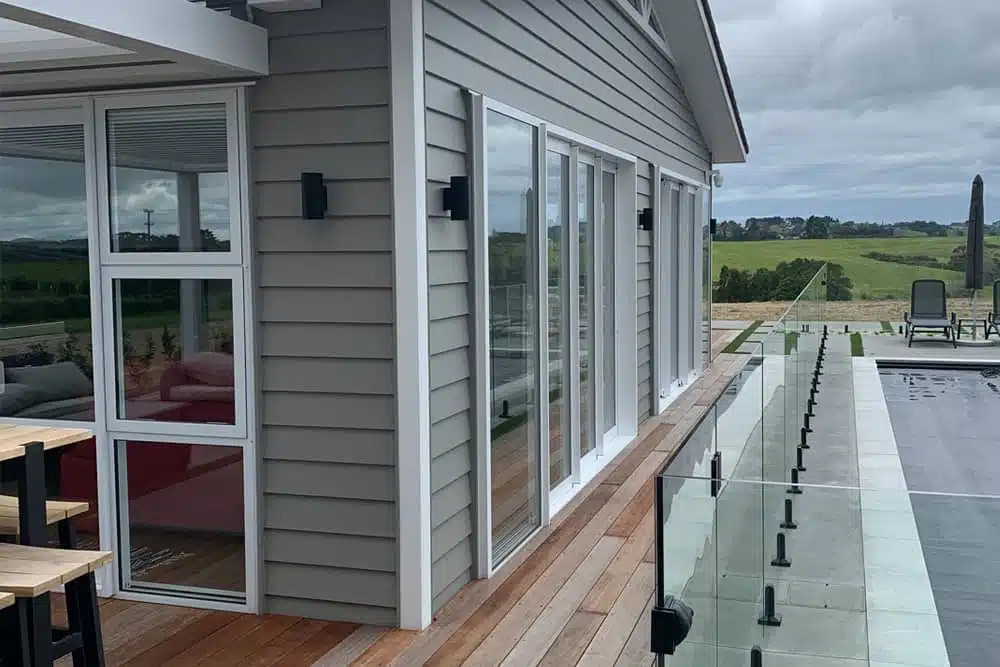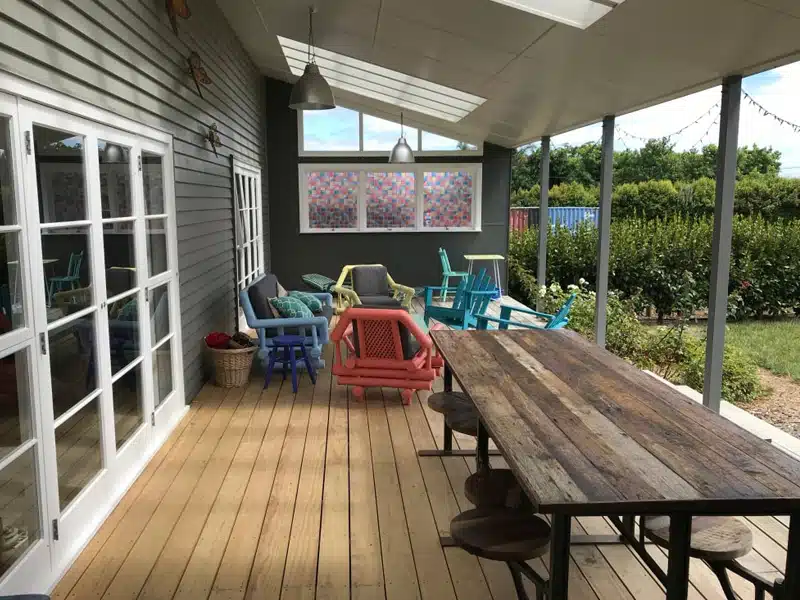
Understanding full home renovation building consent requirements is critical before starting your project. In Franklin, many homeowners undertake full home renovations without realising the scope of building consent needed. Building consent compliance protects your investment, ensures safety, and maintains your property’s value. Non-compliance can result in hefty fines, reconstruction costs, and complications during future property sales. This guide breaks down the building consent requirements for your renovation project. For a complete overview of the renovation process, see our Complete Home Renovation Guide.
When Do You Need Building Consent for Home Renovations?
Getting building consent for your renovation protects both you and your property. The New Zealand Building Code sets clear standards for construction work, and your renovation must meet these requirements. The consent process might seem complex, but knowing which projects need consent helps you plan better and avoid costly mistakes.
Projects That Always Require Consent
Most structural changes during a full home renovation require building consent from your local council. Any modifications to load-bearing walls need careful assessment and proper consent. This includes adding rooms, extending spaces, or converting garages into living areas. Major plumbing modifications must meet strict regulations to prevent future issues. Window and door installations in existing walls require consent to maintain structural integrity. Changes affecting your building’s footprint, like adding decks above 1.5 metres or relocating bathrooms, need council approval. Working with a licensed building practitioner for these projects helps ensure compliance with all requirements.

Exempt Projects
Some renovation work falls outside consent requirements, saving you time and money. Basic maintenance and cosmetic updates can proceed without formal approval, provided they don’t affect structural elements. Simple tasks like interior painting, wallpapering, and kitchen cabinet replacements without plumbing changes don’t need consent. You can perform minor repairs using similar materials and replace damaged components with comparable products. Installing internal non-structural walls and building ground-level decks are also exempt. These projects still need to meet the Building Code standards, but they don’t require formal council approval.
Understanding the Building Consent Process
The building consent process requires careful preparation and proper documentation. A complete application package saves time and reduces the risk of delays. The council reviews applications within 20 working days, but this timeframe pauses if they need more information. Speaking with a building consent officer before submitting your application can help clarify requirements specific to your renovation project.
Pre-Application Stage
Before submitting your application, gather comprehensive documentation. You’ll need detailed architectural drawings showing your planned changes, including site plans, floor plans, and construction details. These drawings must meet council standards and clearly show all proposed work. A project timeline helps track progress and coordinate with contractors. Your cost estimate should account for consent fees, professional services, and construction costs.
Consider booking a pre-application meeting with your local council. This meeting can identify potential issues early and explain specific requirements for your project. Bring preliminary plans and project details to get the most value from this consultation. The council can advise on particular aspects that need special attention in your application.
Application Process
Your building consent application needs several essential components. The standard application form requires your contact details, project description, and estimated value. Include your property information, Land Information Memorandum (LIM), and current Certificate of Title. Your plans must show existing and proposed work, with detailed specifications for materials and construction methods.
Technical reports might be needed depending on your renovation scope. An engineer’s report is mandatory for structural changes. For plumbing modifications, you’ll need detailed plans from a certified plumber. Electrical work requires documentation from a registered electrician.
Costs and Processing
Building consent fees vary significantly based on project complexity. Basic applications start from $500, while major renovations might cost several thousand dollars. Additional charges apply for inspections during construction. The council processing fee covers plan reviews, inspections, and code compliance certification.
Processing times depend on application quality and complexity. Simple projects might take less than 20 working days, while complex renovations need more review time. The council assesses applications against the Building Code and local regulations. They might request more information during review, which pauses the processing timeline. Having clear, complete documentation reduces delays and additional costs.

Key Building Code Requirements for Major Renovation Areas
Your full home renovation must meet specific requirements from the New Zealand Building Code. These requirements cover structural integrity, essential services, safety measures, and energy efficiency standards. Meeting these standards during planning prevents costly changes later.
Structural Modifications
Structural changes need careful consideration and proper documentation. Load-bearing walls require engineering calculations to prove they can support the building load. Foundation modifications must meet local soil conditions and seismic requirements. All structural materials need to comply with New Zealand standards. A structural engineer must verify these changes meet building code requirements.
Essential Services
Plumbing modifications must follow strict guidelines. New pipework needs proper sizing and installation by a certified plumber. Drainage systems require correct fall rates and venting. Electrical work must meet current standards and needs installation by a registered electrician. Gas fitting work requires certified professionals and appropriate safety measures. Your ventilation system needs to meet fresh air requirements for each room.
Safety and Accessibility
Fire safety measures protect occupants and property. Smoke alarms need installation in specific locations. Emergency exits must meet size requirements and be easily accessible. Stairs need specific dimensions for safe use. Bathrooms might need grab rails and non-slip surfaces. These features make your home safer for all occupants.
Energy Efficiency
Modern building standards emphasise energy efficiency. Wall, floor, and ceiling insulation must meet current requirements. Windows need proper glazing to reduce heat loss. Your heating system should match your home’s size and layout. Proper ventilation helps control moisture and maintain healthy air quality. These measures reduce energy costs and create a more comfortable living space.
Common Building Consent Challenges and Solutions
Building consent applications often face several challenges during full home renovations. Common issues include incomplete documentation, technical complications, and coordination between different professionals. Addressing these challenges early saves time and money in your renovation project.
Documentation Issues
Most consent delays stem from incomplete applications. The council often requests more information when applications lack essential details. Your application needs clear measurements, detailed specifications, and complete site plans showing existing and proposed work. Material lists must include product details and standards.
A clear outline of construction methods and sequencing helps prevent questions. Working with a registered architect reduces these documentation problems as they understand council requirements and create comprehensive plans that meet building standards.

Technical Challenges
Complex renovations face various site-specific issues that need special attention. Steep sections require specific engineering solutions, while heritage properties need conservation reports. Some sites need geotechnical assessment due to poor soil conditions. Properties in high wind zones need special design considerations. Renovation work affecting shared walls or boundaries requires additional documentation and consultations with neighbours.
Professional Help and Requirements
Your renovation needs various professional services at different stages. A licensed building practitioner must complete restricted building work, including:
- Structural changes to existing buildings
- Weathertightness system modifications
- Primary structure alterations
- External moisture management systems
Professional Expertise
Different aspects of your renovation require specific professional expertise. Registered architects create compliant designs and manage the overall project. Structural engineers verify load-bearing changes and provide calculations. Certified plumbers handle water and drainage systems, while registered electricians manage electrical installations. Council inspectors check compliance at key stages of construction.
Professional Documentation
Each professional contributes specific documentation for your consent application. Engineers supply producer statements for designs, while tradespeople provide compliance certificates. Council inspectors complete inspection records throughout construction. Keep all documentation organised and accessible for your code compliance certificate application, future property sales, insurance purposes, and council records.
Conclusion
Understanding building consent requirements stands as a critical first step in your full home renovation project. By following proper consent processes, you protect your investment and ensure your renovation meets all safety and compliance standards.
At Rag Reno’s, we’ve helped countless Franklin homeowners through the building consent process. As trusted local builders, we know the local council requirements inside and out. Our team stays updated with the latest Building Code standards and consent regulations to make your renovation process smooth and stress-free.
For more detailed information about the entire renovation process, check out our Complete Home Renovation Guide. Want expert help with your building consent application? Let’s talk about your renovation plans. Book your FREE consultation now.

